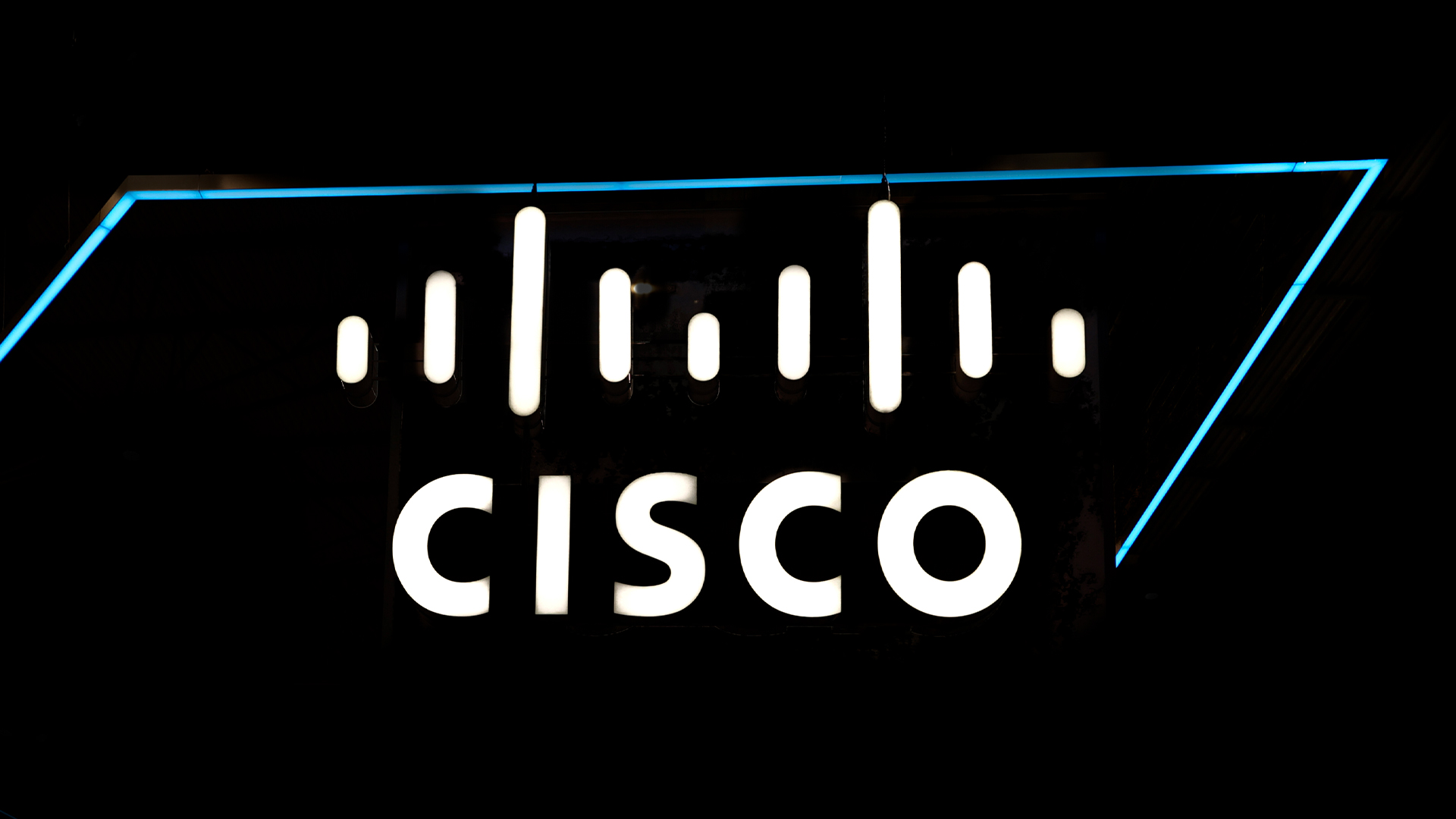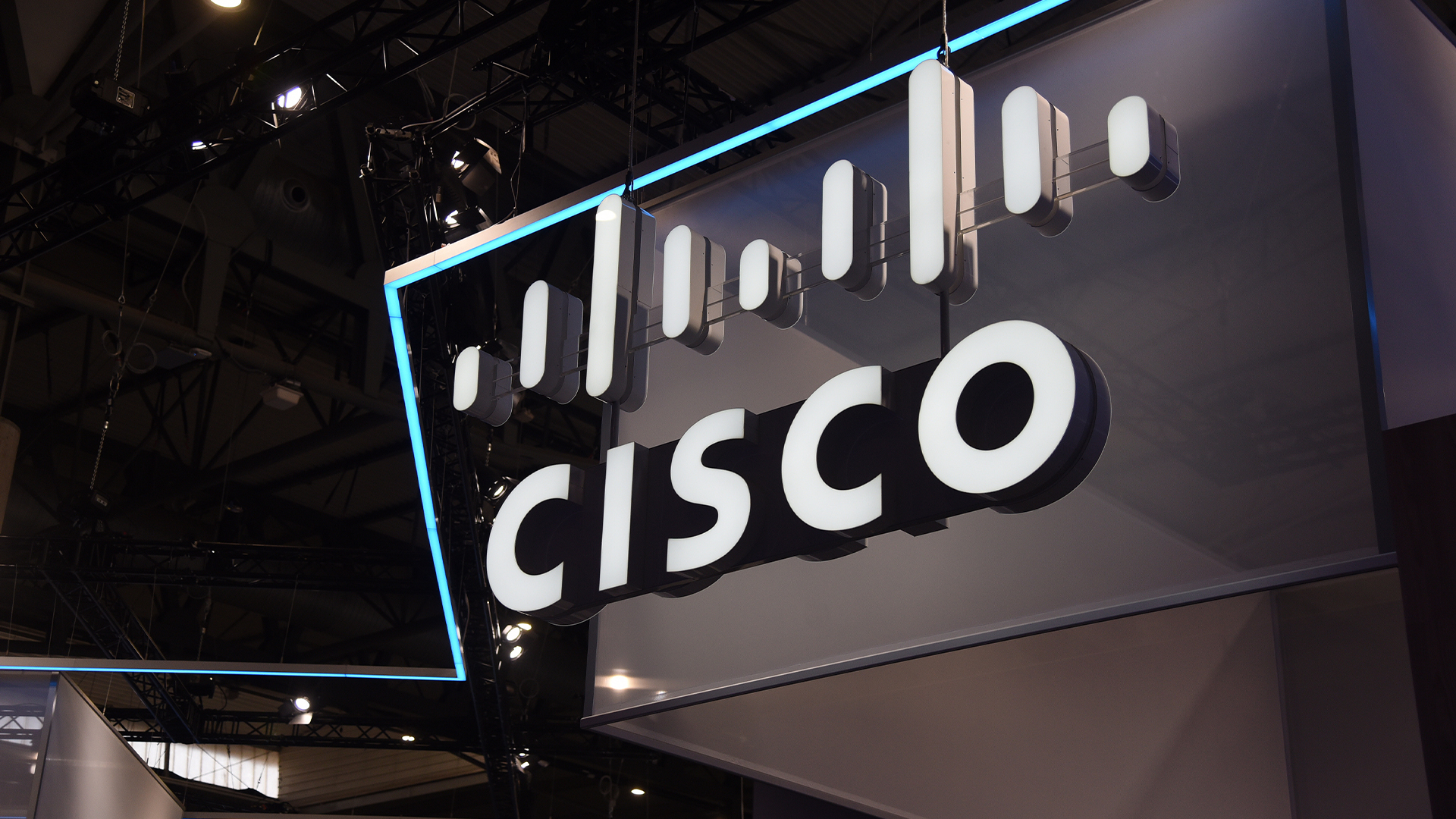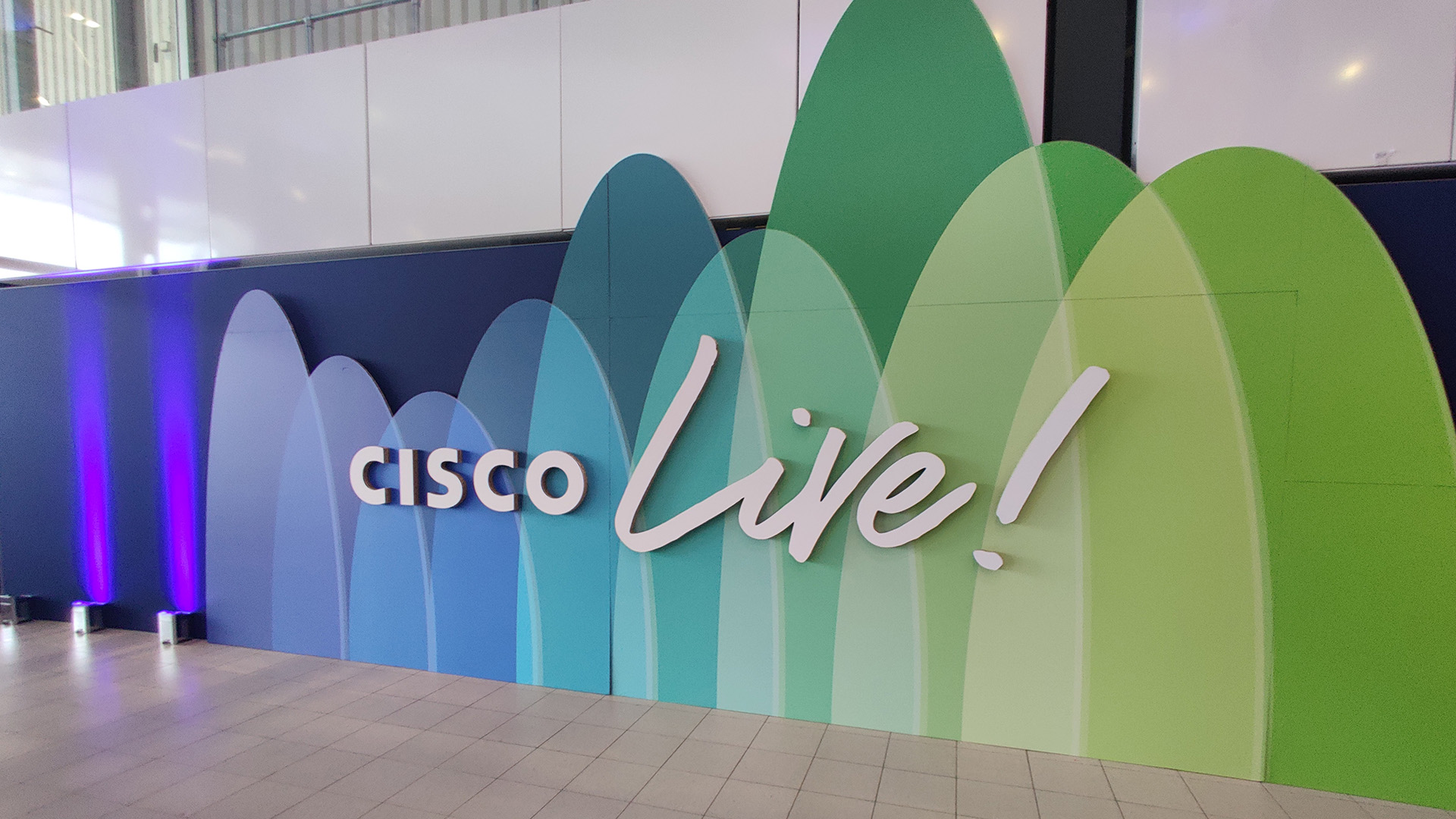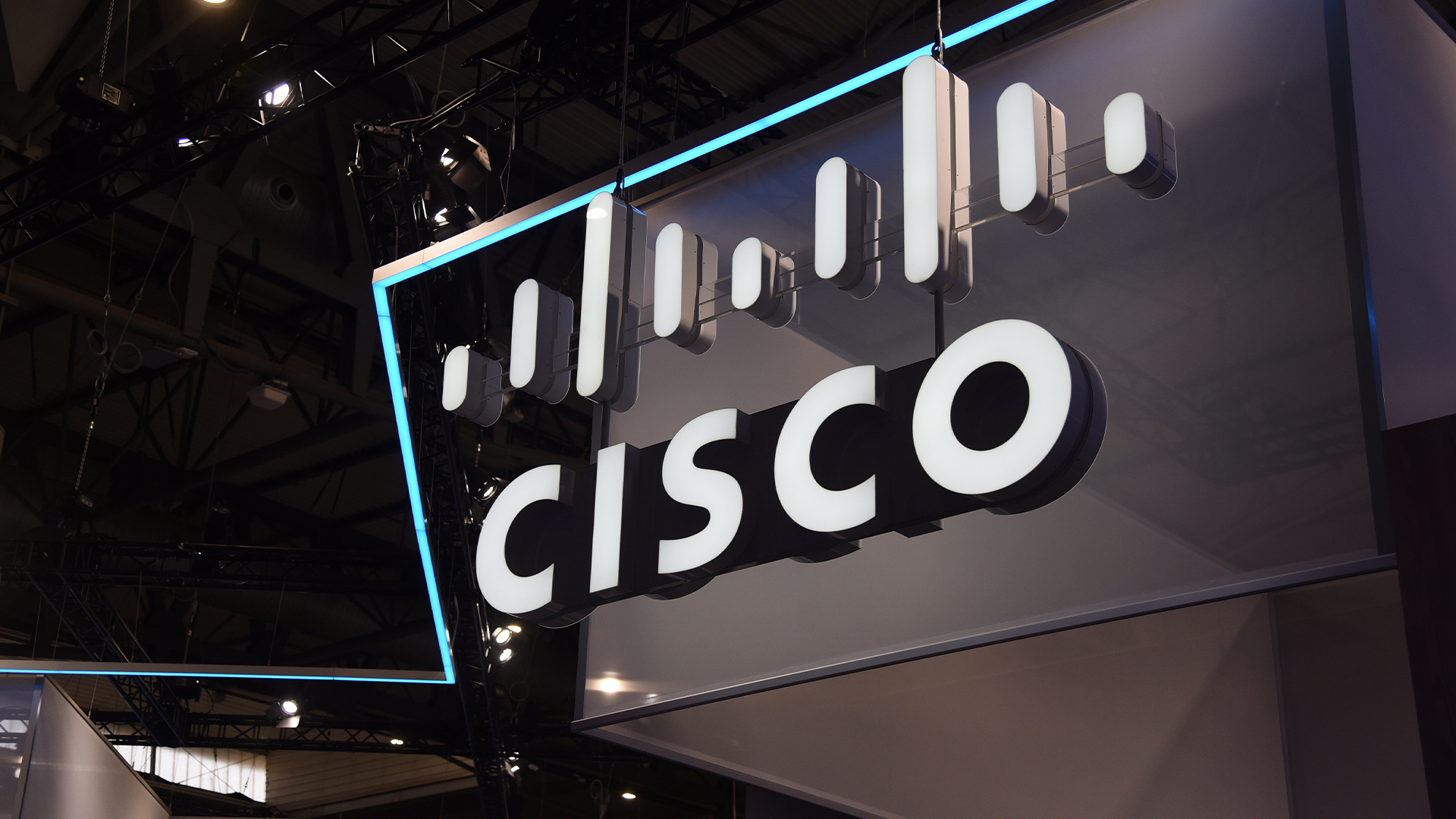Cisco flags threat Generation Y pose to corporate security
Networking giant sheds light on security issues caused by influx of young workers.

Sign up today and you will receive a free copy of our Future Focus 2025 report - the leading guidance on AI, cybersecurity and other IT challenges as per 700+ senior executives
You are now subscribed
Your newsletter sign-up was successful
Generation Y employees are most likely to divulge personal information about themselves online, according to a study by networking giant Cisco.
The Cisco Connected World Technology Report (CCWTR) exposes the thoughts and opinions of the world's next generation of workers.
Referred to as Generation Y, or as the "millennial generation", they consist of individuals born in the late 1980s and 1990s, and are generally considered to be more "tech savvy".
Generation Y doesn't believe in privacy.
According to Adam Philpott, director of EMEAR security sales for Cisco, these "millennials" are now entering the workplace and sport a very different attitude towards data privacy.
"They believe in the demise of privacy that it's simply defunct in practice, and it's in this paradigm that organisations must operate a concept that will be alarming to the older generation in the workplace," he said.
The global Cisco study surveyed Generation Y college students and workers between the ages of 18 and 30, as well as IT professionals in various industries.
Sign up today and you will receive a free copy of our Future Focus 2025 report - the leading guidance on AI, cybersecurity and other IT challenges as per 700+ senior executives
Both categories included hundreds of respondents from 18 countries (Argentina, Australia, Brazil, Canada, China, France, Germany, India, Japan, Mexico, Netherlands, Poland, Russia, South Africa, South Korea, Turkey, United Kingdom and United States), making a total of 3,600 participants.
Many of the Generation Y respondents said the age of privacy is over (91 percent), while one third claimed not to be worried about the data captured about them online.
The report also showed that, although 75 per cent of Generation Y respondents do not trust websites to protect their personal information, many of them continue to use sites that require personal details, such as credit card numbers.
This becomes an issue for companies when these employees take risks online with work devices that run on corporate networks.
The CCWTR discusses the idea that Generation Y employees will test corporate cultures and policies because they expect social media freedom, device choice and mobile lifestyles.
In fact, two-thirds of the respondents disagreed with the idea of employers being allowed to track employee's online activity on company devices.
The report also revealed that 90 per cent of the surveyed professionals said they have a policy regarding the use of certain devices at work, but just 40 per cent of Generation Y respondents were aware of it.
Furthermore, of this 40 per cent, 80 per cent said they do not follow these policies.
The expectations for online usage between Generation Y employees and businesses conflict, but Philpott proposes a solution.
"Organisations can, however, look to provide information security education to their employees to alert them to the risks and provide guidance on how best to share information and leverage online tools within the realms of data security," he said.
Cisco's 2013 Annual Security Report (ASR) also revealed a few other issues that can affect businesses and IT departments coming up in this new age of technology.
Cisco discovered that, contrary to the popular belief that most online security risks are derived from people visiting pornography, pharmaceutical and gambling sites, most threats target legitimate sites - such as major search engines, retail outlets and social media sites.
Online shopping sites are 21 times as likely to threaten user security than a counterfeit software site and advertisements are 182 times as likely to deliver malicious content than pornography sites.
-
 AWS CEO Matt Garman isn’t convinced AI spells the end of the software industry
AWS CEO Matt Garman isn’t convinced AI spells the end of the software industryNews Software stocks have taken a beating in recent weeks, but AWS CEO Matt Garman has joined Nvidia's Jensen Huang and Databricks CEO Ali Ghodsi in pouring cold water on the AI-fueled hysteria.
-
 Deepfake business risks are growing
Deepfake business risks are growingIn-depth As the risk of being targeted by deepfakes increases, what should businesses be looking out for?
-
 AI is “forcing a fundamental shift” in data privacy and governance
AI is “forcing a fundamental shift” in data privacy and governanceNews Organizations are working to define and establish the governance structures they need to manage AI responsibly at scale – and budgets are going up
-
 Cisco says Chinese hackers are exploiting an unpatched AsyncOS zero-day flaw – here's what we know so far
Cisco says Chinese hackers are exploiting an unpatched AsyncOS zero-day flaw – here's what we know so farNews The zero-day vulnerability affects Cisco's Secure Email Gateway and Secure Email and Web Manager appliances – here's what we know so far.
-
 Researchers claim Salt Typhoon masterminds learned their trade at Cisco Network Academy
Researchers claim Salt Typhoon masterminds learned their trade at Cisco Network AcademyNews The Salt Typhoon hacker group has targeted telecoms operators and US National Guard networks in recent years
-
 Cisco ASA customers urged to take immediate action as NCSC, CISA issue critical vulnerability warnings
Cisco ASA customers urged to take immediate action as NCSC, CISA issue critical vulnerability warningsNews Cisco customers are urged to upgrade and secure systems immediately
-
 Cisco eyes network security gains for agentic AI
Cisco eyes network security gains for agentic AINews New network security updates aim to secure AI agents across enterprises
-
 Cisco patches critical flaw affecting Identity Services Engine
Cisco patches critical flaw affecting Identity Services EngineThe networking giant has urged enterprises to update immediately
-
 96% of businesses have low cyber-readiness, claims Cisco
96% of businesses have low cyber-readiness, claims CiscoThe 2025 Cisco Cybersecurity Readiness Index shows a concerning number of businesses globally are unprepared for rising AI-related threats.
-
 Cisco takes aim at AI security at RSAC with ServiceNow partnership
Cisco takes aim at AI security at RSAC with ServiceNow partnershipNews The companies claim Cisco AI Defense and ServiceNow SecOps will help address new challenges raised by AI